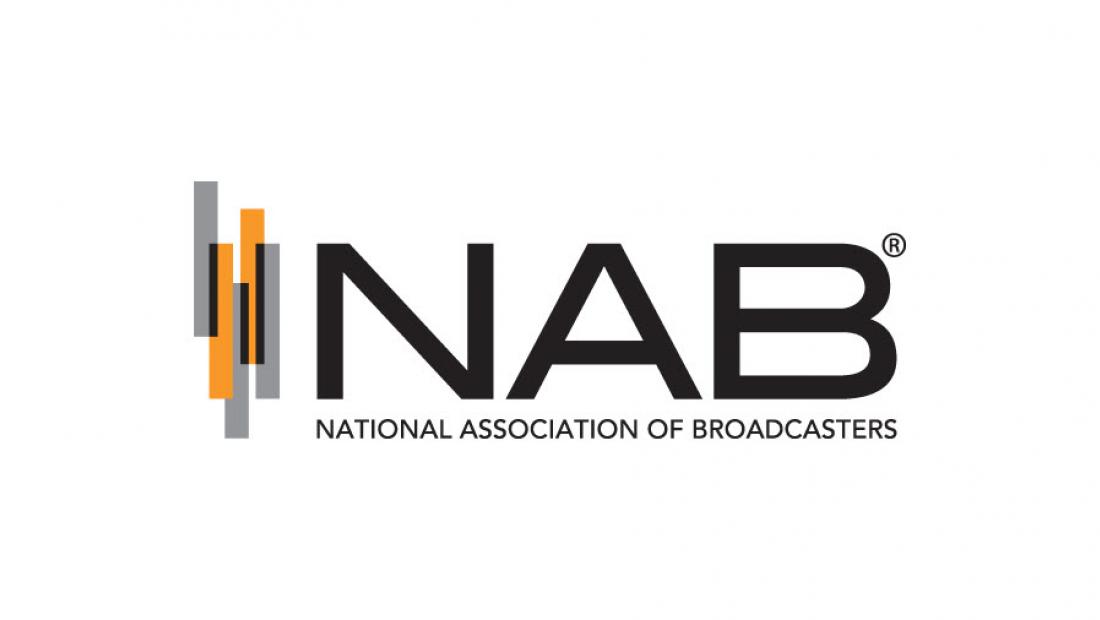NPR: U.S. Should Divide (C-Band) to Conquer 5G

The smarter way to stay on top of broadcasting and cable industry. Sign up below
You are now subscribed
Your newsletter sign-up was successful
Public radio is waving a caution flag as the Trump Administration pushes to open up the C-band (3.7-4.2 GHz.) for broadband, echoing comments by the National Association of Broadcasters.

Its advice is to divide if it wants to conquer in the race to 5G. National Public Radio has told the FCC it should reserve some C-band spectrum for wireless broadband, but should reserve the remainder for exclusive use by incumbents, like NPR's fixed satellite delivery of its programming.
The FCC sought comment on how to free up C-band satellite spectrum for sharing with broadband services as it seeks to advance 5G and nationwide broadband deployment, including how best to share it. NPR had plenty to say.
Related: NAB Says C-Band Sharing Isn't a Given
NPR says that the best thing to do is give incumbents and new users their own designated spectrum rather than mandate sharing of the same spectrum by both commercial wireless and fixed satellite users like NPR. Those fixed satellite users also include TV broadcast networks and cable operators. "[T]he only feasible way to share the C-band spectrum without causing harmful interference to current users is to subdivide it, and in so doing to ensure adequate protections for existing uses through guard bands and appropriate licensing requirements," NPR said.
NPR dropped some familiar programming names whose distribution depends on C-band spectrum to get to 42 million people via 1,270 public radio stations, including Morning Edition, All Things Considered, and Marketplace.
Some wireless companies, including T-Mobile, have said that shielding and filtering can allow both to share the same spectrum, but NPR says no. "Shielding can be effective in limited circumstances to remediate interference between two fixed devices," said the public broadcaster, "but there is currently no shielding technology that could provide the kind of dynamic, all-encompassing protection that would be required to protect against interference from mobile devices.
The smarter way to stay on top of broadcasting and cable industry. Sign up below
Similarly, filtering can be useful to block out interfering signals within a certain range, but it reduces the effectiveness of the downlink signals it protects, and it does not create the kind of clear, interference-free transmission zone that is essential to public radio’s programming distribution needs.Mobile broadband should be allowed in the band only if it does not create such interference of threaten access to all that content--including emergency alerts and local journalism--on the stations, the filing concluded.
Contributing editor John Eggerton has been an editor and/or writer on media regulation, legislation and policy for over four decades, including covering the FCC, FTC, Congress, the major media trade associations, and the federal courts. In addition to Multichannel News and Broadcasting + Cable, his work has appeared in Radio World, TV Technology, TV Fax, This Week in Consumer Electronics, Variety and the Encyclopedia Britannica.

